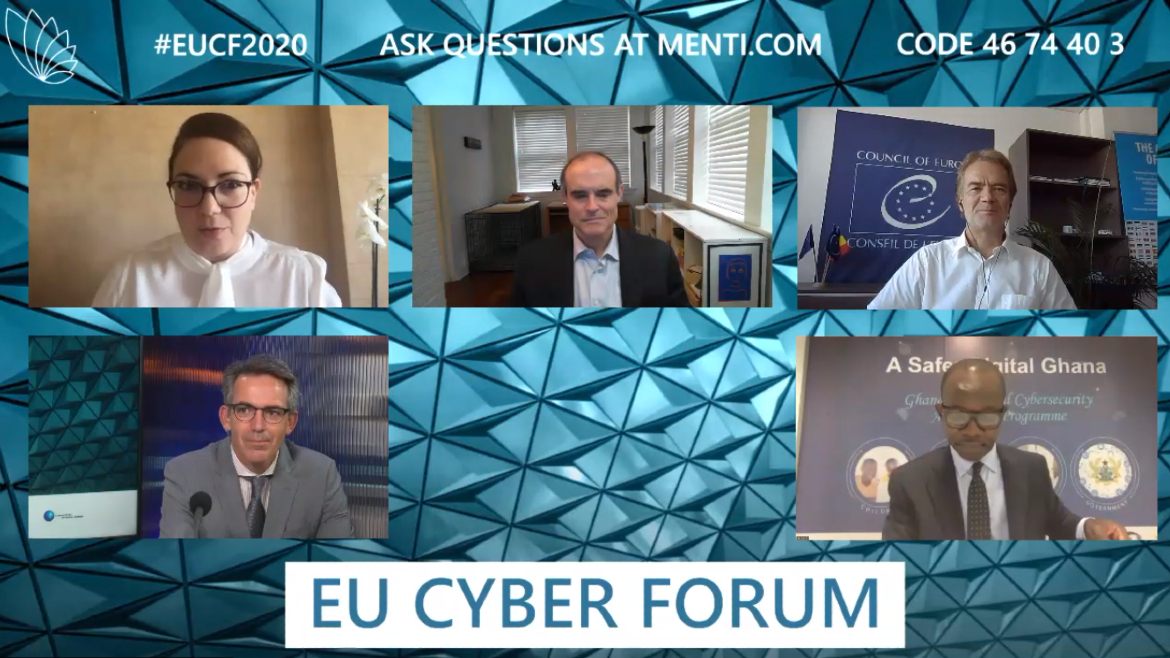The EU Cyber Forum presented, in its second edition, a range of stimulating conversations about the current shifting situation in cyber-related policy, as determined by the pandemic and the geopolitical landscapes worldwide. Announced as ‘a platform for promoting the European Union’s global engagement on cyber and digital issues’ the Forum addressed the cyberworld in its entirety, as a space where human rights must be respected and responsibility among national, multiregional and multi-level stakeholders has to be equally shared.
In his keynote speech, Mr. Josep Borrell Fontelles, EU High Representative for Foreign Affairs and Security Policy and Vice-President of the European Commission, expressed his concern on the current surges of non-democratic politics worldwide, where ‘soft power is being weaponized’ and the sovereignty of people is not held as the highest of the priorities. He highlighted that only through a common effort will the cyberspace be kept safe:
We want everyone to reap the benefits that the internet and the use of technologies provide. At the same time, we need effective answers to fast changing cyber-threats. Achieving both objectives will be at the heart of our new EU Cybersecurity Strategy that is foreseen for this autumn. We know we count on the support of our global partners and they can count on us, because only by acting together we can safeguard the open, secure and safe cyberspace that all of us want and need.
During the session dedicated to Global efforts to counter cybercrime, Mr. Alexander Seger, Head of the Cybercrime Division of the Council of Europe, emphasized that the Budapest Convention remains, until the date, the most efficient international instrument:
The Budapest Convention stands for a vision of a free Internet, where information can freely flow, be accessed and shared, where restrictions are narrowly defined to counter misuse, and where only specific criminal offences are investigated and prosecuted, subject to the necessary safeguards. Moreover, the future 2nd Additional Protocol to the Convention will enhance international cooperation through additional tools for direct cooperation with service providers and cooperation in emergency situations.
Capacity building was equally highlighted as a priority for the EU to increase global resilience and as the most effective way to enable an efficient criminal justice response to cybercrime by practitioners, especially considering the COVID-19 context.
The conference took place this year between 14 and 17 September in a blended format combining a limited physical presence and online engagement. EU and worldwide leaders in their fields related to cyber and digital issues joined the discussions, including experts from countries supported by capacity building initiatives such as the GLACY+ project. Recorded sessions are made available on the conference page.



